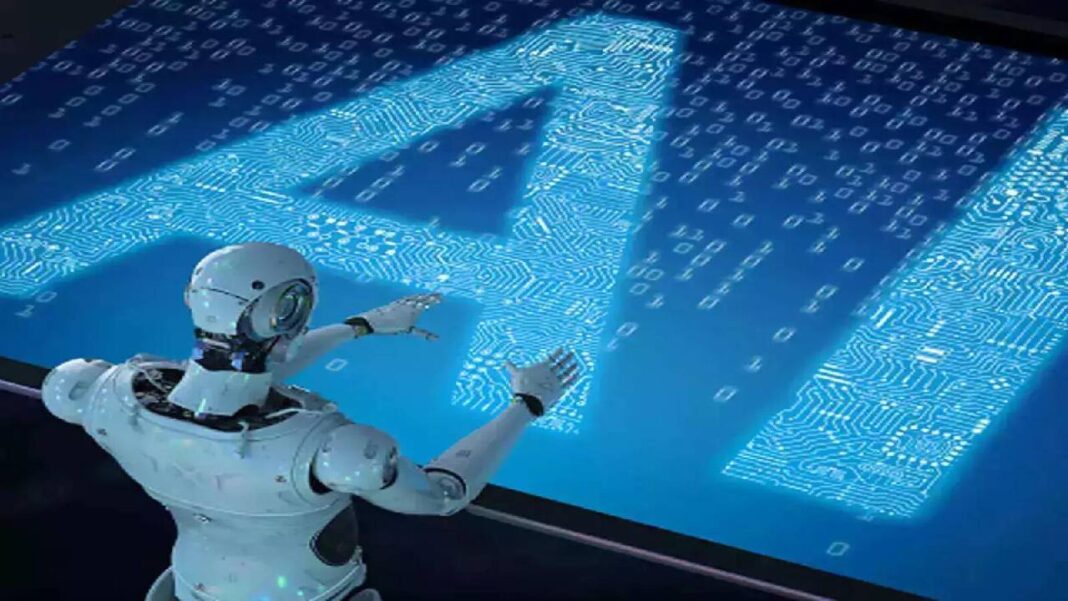The Indian startup ecosystem is full of opportunities and innovations and is one of the fastest-growing models of business in the world. Unfortunately, being fast-growing also means dealing with frantic schedules and limited resources that can lead to one major issue: human error while coding. Whether it is an oversight like a missing character or more convoluted logical issues, the mistakes can be costly both financially and in terms of the value of the brand’s reputation. Fortunately, in the digital age, help is available in the form of artificial intelligence (AI). With the advancement of AI, the software development lifecycle has been forever changed, and with it comes the new ability to not only enhance efficiency and productivity to the point where human error becomes obsolete but also to enhance the reliability of systems in Indian startups.
Unavoidable Human Errors in Coding
The process of coding comes with the possibility of human error. During the course of development, experts are always bound to face situations like fatigue, distractions, or a stressful environment, which lead to other cognitive biases. The work dynamics of startups, such as tight deadlines and limited personnel, significantly increase the chances of neglecting essential elements of development. When striving to meet a deadline within a small team, the risk of overlooking crucial details is heightened. Bugs that remain dormant until they begin to impact user experience, like incorrect variable assignments, misplaced algorithms, or even misplaced semicolons, can be disastrous for both the user and the reputation of startups. Recent studies illustrate that the large fraction of software system defects caused by human error encompasses wide margins. A case in point is a report by ScienceDirect that declared that cognitive errors are also the major cause of errors during the developmental phase of any software. The finding emphasises the importance of developing systems that can help reduce reliance on humans and provide additional perspectives for review.
Advanced Intelligent Code Analysis Using AI
Across different phases of the software development lifecycle, AI-powered tools are stepping in to meet this challenge. One of the most important uses lies in intelligent code analysis. Because AI algorithms can be trained on large datasets of code, they can identify patterns and outliers that might be missed by human reviewers. AI-powered static analysis tools are able to find bugs, security problems, and coding style violations. They go beyond standard checks by understanding the code’s meaning and spotting more hidden mistakes. For instance, an AI static analyser can notice if a variable is used before it gets a value, even if the syntax looks correct. Catching errors early in development is key to lowering the costs and effort needed to fix them later.
AI’s Transformative Power in Testing
Furthermore, AI is transforming testing as we know it. Traditional manual test case creation techniques for software testing have one major drawback: they are performed in silos, which restricts scope within defined boundaries. AI testing tools can provide out-of-the-box solutions for scalable test case generation, providing holistic coverage and incorporating edge cases. Algorithmic generative AI can even provide test data through various simulative models, algorithms, and user interaction emulators, antagonistically termed as “mock users” in the testing realm. Automated and smart testing provides assurance that human error does not get into the deployment process. A recent survey conducted within the industry highlighted that these startups reported up to a 30% reduction in effort spent on debugging and error resolution when employing AI-based testing.
AI-Powered Code Completion and Suggestions
Apart from detection and testing, AI plays a crucial role in code completion and suggestions. Machine learning-powered code editors can anticipate a developer’s intentions and provide pertinent recommendations. This anticipation reduces typing errors and syntax mistakes. AI understands the requirements of the developer and delivers appropriate code snippets, acting as an on-the-spot assistant. It allows developers to produce cleaner, error-free code. Sophisticated AI-enhanced IDEs can also suggest improvements to code structure and identify performance problems.
The Strategic Advantage For Indian Startups
The integration of AI into the workflow of Indian AI-powered systems offers tremendous advantages. Developers are able to focus on solving innovative problems while AI systems conduct manual code reviews and exhaustive testing. Their productivity will increase as the quality of the preserved code improves, along with diminished errors. In the resource-light context of a startup, this signifies a tremendous advantage, as reduced errors minimise cost in terms of expensive debugging, fewer production issues, and improved time-to-market.
Summing up, AI in coding is still new, but it can significantly reduce human errors in Indian startups. As AI algorithms improve and become more accessible, we can expect broader uses of AI that will help create reliable software systems in these startups. This support from AI technology allows these companies to aim for bug-free software and promote ongoing progress and innovation.





